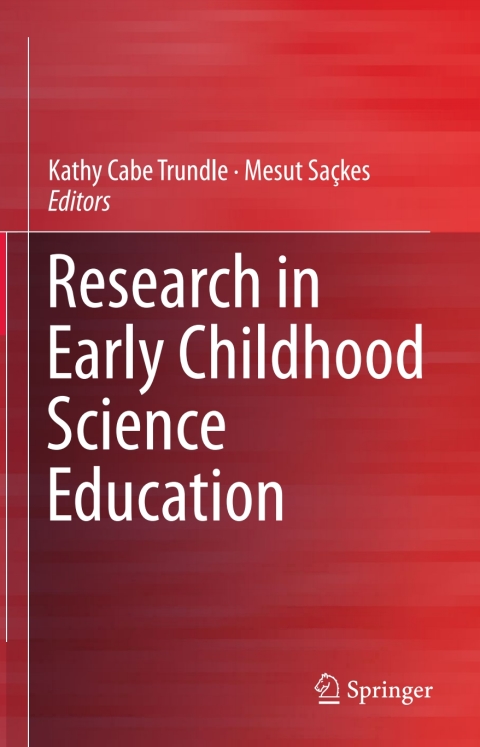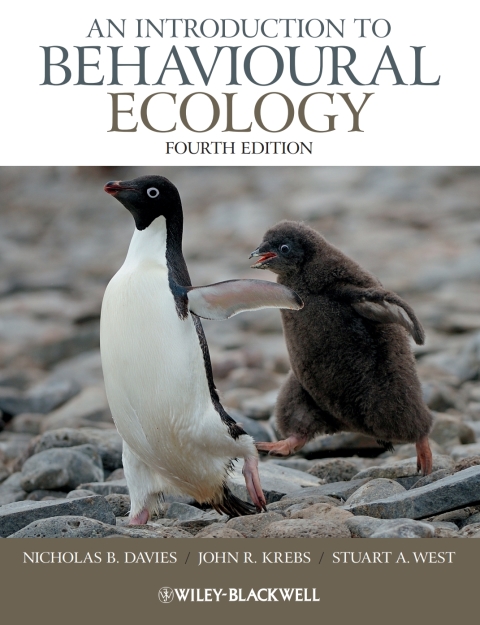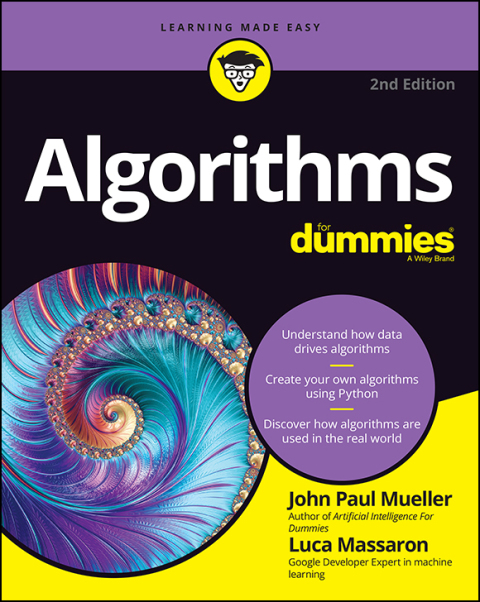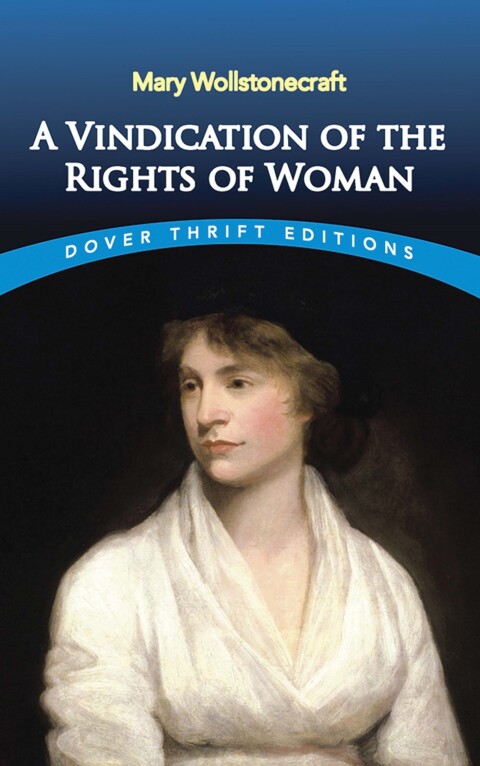Description
Efnisyfirlit
- Foreword
- Contents
- Chapter 1: The Inclusion of Science in Early Childhood Classrooms
- Science and the Early Childhood Years
- Purpose and Rationale
- Organization of Chapters
- Closure
- References
- Chapter 2: Young Children’s Motivation for Learning Science
- Conceptualizing Motivation and Theoretical Frameworks
- Children’s Science Motivation During Preschool and the Early Grades
- Children’s Curiosity and Questions About Science
- Children’s Interest in Science Activities
- Children’s Motivational Beliefs About Learning Science
- Changes in Science Motivation from the Early to Later Grades
- Experiences Shape Children’s Motivation for Learning Science
- Few Opportunities to Engage in Meaningful Science
- Low Disciplinary Integrity of Science Lessons
- Science Is Often Not Recognizable in Science Lessons
- Declines in Science Motivation and Misunderstanding the Nature of Science Are Not Inevitable
- Measuring Young Children’s Science Motivation
- Methodological Approaches
- Methodological Concerns
- Methodological and Theoretical Advancements Needed for Research of Young Children’s Science Mo
- Relevance of Science Motivation Research to Classroom Teaching Practices
- References
- Chapter 3: Young Children’s Ideas About Earth and Space Science Concepts
- Earth Science Concepts
- Rain and Clouds (Mechanism of Rain Fall)
- Wind
- Thunder and Lightning
- Summaries of Children’s Understanding of Earth Science Concepts
- Space Science Concepts
- Shape of the Earth
- Day and Night Cycle
- Seasons
- Lunar Concepts
- Summaries of Children’s Understanding of Space Science Concepts
- Directions for Future Research
- References
- Chapter 4: Young Children’s Ideas About Physical Science Concepts
- Reviewing the Research Literature
- Young Children’ Ideas About Matter
- Young Children’ Ideas About Heat and Temperature
- Young Children’ Ideas About Evaporation, Condensation and the Water Cycle
- Young Children’ Ideas About Forces and Motion
- Young Children’ Ideas About Floating and Sinking
- Young Children’ Ideas About Electricity
- Young Children’ Ideas About Light
- Perspectives and Frameworks Guiding Research
- The Research Methodologies
- Evidence of Effectiveness of Intervention Studies
- Implications for Classroom Practices
- Directions for Future Research
- References
- Chapter 5: Children’s Ideas About Life Science Concepts
- Theoretical Frameworks
- Young Children’s Ideas of Life Science Concepts
- Children’s Conceptions of the Distinction Between Living and Non-living
- Children’s Conceptions of Growth and Development
- Young Children’s Conceptions of Germs and Contagions
- Young Children’s Conceptions of Plants and Animals
- Research Methods Used to Elicit Young Children’s Understandings
- Recommendations for Future Research
- Implications for Teaching
- References
- Chapter 6: Too Little, Too Late: Addressing Nature of Science in Early Childhood Education
- Introduction
- What Is the Nature of Science, and Why Teach It?
- Developmentally Appropriate Nature of Science for Early Childhood Years
- Teaching the Nature of Science in Early Childhood Years
- Teacher Conceptions of Nature of Science
- Promoting Effective Nature of Science Instruction
- Assessing Nature of Science
- Discussion
- Appendix: Questions from VNOS-D and –E
- References
- Chapter 7: Development of Science Process Skills in the Early Childhood Years
- Curiosity: The Desire to Resolve Uncertainty
- Dealing with Uncertainty: Asking Questions
- Investigating Uncertainty: Early Experimentation Skills
- Interpreting and Using Data: Early Evidence Evaluation Skills
- Learning to Do Science
- Discussion and Conclusions
- References
- Chapter 8: The Use of Technology in Teaching Science to Young Children
- Introduction
- Integrating Technology and Scientific Inquiry
- Teaching Science, Technology, and Mathematics
- Technology in Early Childhood Education
- Children’s Use of Technology
- Searching
- Photobook
- Simulation
- Robots
- Microworld
- Tablet PC
- Teachers and Technology
- Conclusion
- References
- Chapter 9: Physical-Knowledge Activities for the Development of Logico-mathematical Knowledge
- Piaget’s Theory and Research
- The Three Kinds of Knowledge Distinguished by Piaget
- Three Examples of Piaget’s Research Related to Early Childhood Science Education
- Piaget’s Ideas About Education
- Other Examples of Physical-Knowledge Activities
- Jenga
- The Balance Game
- Bowling
- The Domino Effect
- Ramps and Pathways
- Principles of Teaching
- Evidence of the Effectiveness of Physical-Knowledge Activities
- References
- Chapter 10: Science and Literacy: Considering the Role of Texts in Early Childhood Science Educa
- The Challenges of Science Texts
- Commercially Produced Texts and Trade Books
- Science Textbooks
- Trade Books
- Inquiry Science and Text Integrations
- Science IDEAS (In-Depth Expanded Applications of Science): Textbooks, Trade Books, Leveled Books
- GIsML (Guided Inquiry Supporting Multiple Literacies): The Notebook Text
- Science Start! Science Related Trade Books/Child-Produced Reports
- ISLE (Integrated Science-Literacy Enactments): Science Information Books/Child Produced Information
- SLP (Science Literacy Project): Science Information Trade Books/Children’s Science Notebooks
- Seeds of Science/Roots of Reading (SSRR): Researched, Inquiry-Supportive Texts/Writing in Multip
- CALI (Content Area Literacy Instruction): Child by Instruction Interactions
- Discussion and Conclusions
- Methodological Concerns
- Background Knowledge: The Significance of Science Trade Book Read Alouds and Science Little Book
- Promising Practices in Text Integrated Inquiry Science
- References
- Chapter 11: Role of Play in Teaching Science in the Early Childhood Years
- Introduction
- The Modern Play Theories
- The Psychoanalytic Theories of Play
- Freud’s Theory
- Erikson’s Theory
- The Cognitive Theories of Play
- Piaget’s Theory of Play
- Vygotsky’s Theory of Play
- An Overview of the Studies on Play and Cognitive Development
- Learning Through Play
- Science Through Play
- The Research on Play-Based Science Instruction for Young Children
- Inquiry-Based Science Teaching
- Conclusion
- References
- Chapter 12: A Modeling-Based Inquiry Framework for Early Childhood Science Learning
- Models and Modeling in Science Education Reform
- A Modeling-Based Inquiry Framework for Early Childhood Science Learning
- Modeling-Based Inquiry with Young Children
- Our Framework for Implementing Modeling-Based Inquiry
- Examples from Science Classroom Discourse
- Articulating a Model as a Context for Inquiry
- Identifying Relevant Evidence
- Using Inscriptional Tools to Support Inquiry
- Collecting and Interpreting Evidence
- Discussion and Implications
- Implications for Classroom Practice
- Implications for Future Research
- References
- Chapter 13: Connecting Young Children with the Natural World: Past, Present and Future Landscapes
- Connecting Young Children with the Natural World: Past, Present and Future Landscapes
- Children and Nature: The Historical Landscape
- Moving from a Historical Perspective to the Current Context of Children and Nature Within Ear
- Engaging Young Children with Nature: Trends in the Twenty-First Century Landscape
- Looking to the Future: Teaching Children to Value Nature
- References
- Chapter 14: Teaching Science to Young Children with Special Needs
- Students with Special Needs and Science Education Legislation
- Evidence-Based Science Education
- Literature on Science Instruction
- Purpose
- Method
- Results
- Participants
- Setting and Instructional Arrangement
- Research Design
- Dependent Variables
- Independent Variables
- Effects
- Discussion
- Implications for Practice
- Inquiry Based Science Instruction
- Explicit Instruction
- Peer-Mediated Instruction
- Shared Reading
- Graphic Organizers
- Technology
- Limitations and Future Research
- Conclusion
- References
- Chapter 15: Science Education for Young Emergent Bilinguals
- Introduction
- Terminology
- Theoretical Frameworks and Methodologies
- Contexts of Science Education for Young Emergent Bilinguals
- Review of the Research
- Curriculum Development
- Teacher Professional Development
- Student Outcomes
- Classroom Interaction
- Implications and Future Directions
- References
- Chapter 16: Assessment in Early Childhood Science Education
- Assessment in Early Childhood Science Education
- A Framework to Guide Assessment in Early Childhood Science
- State Early Learning Standards and Early Childhood Curricula
- The K-12 Conceptual Framework and Next Generation Science Standards
- Summary
- Assessing Young Children’s Science Competence
- Summative Assessment
- Assessing Related Constructs
- Curriculum Specific Assessments
- Achievement Tests
- Broad Based Adaptive Assessments of Science Competence
- Performance Based Measures
- Summary
- Screening and Formative Assessment
- Galileo System for the Electronic Management of Learning
- C-PALLS+
- Summary
- Assessing Teachers
- Pedagogical Knowledge
- Science Teacher Performance Tasks
- Pedagogical Content Knowledge Interview
- Summary
- Teaching Practices
- Science Fidelity of Implementation Measure
- Summary
- Attitudes and Beliefs Towards Science Teaching
- Preschool Teacher Attitudes and Beliefs Toward Science Teaching Questionnaire
- Assessing Classrooms
- Availability of Science Materials and Time Spend in Science Activities
- Science Observational Scales
- Science Teaching and Environment Rating Scale
- Preschool Rating Instrument for Science and Mathematics
- Conclusions
- References
- Index






Reviews
There are no reviews yet.